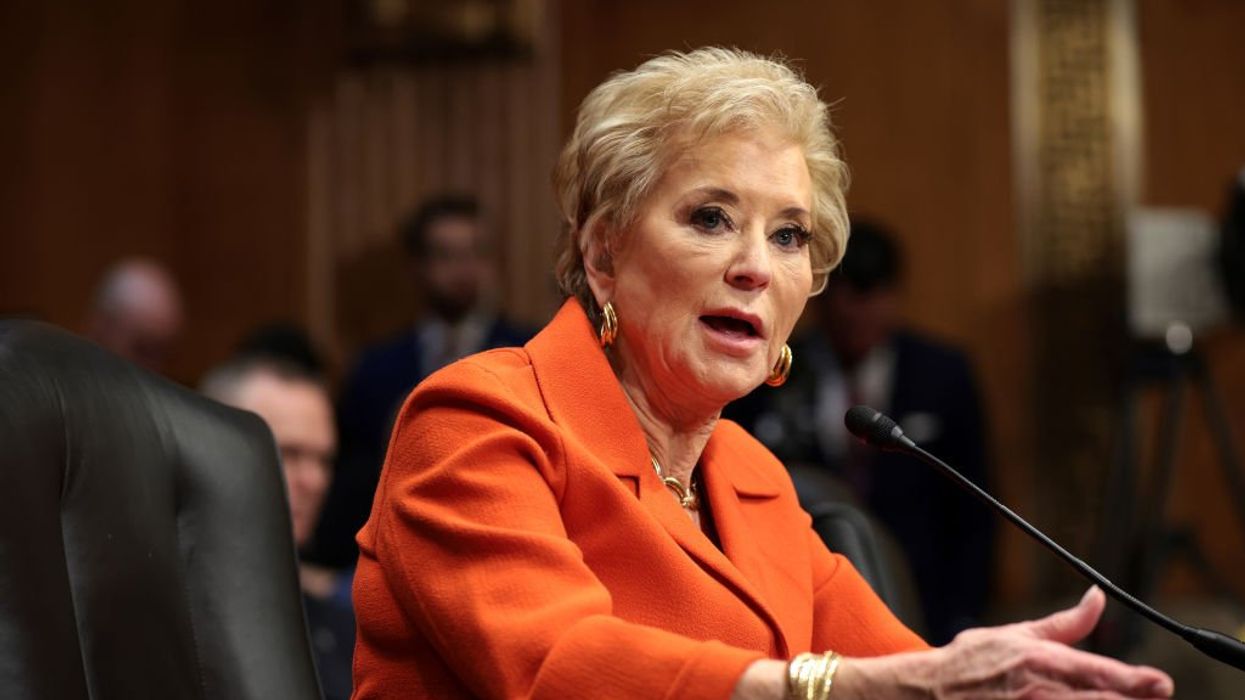On Monday, the Republican-controlled Senate confirmed Linda McMahon as the new U.S. Secretary of Education in a 51-45 vote along party lines.
McMahon, a former professional wrestling executive and head of the U.S. Small Business Administration during President Donald Trump's first term, takes on the role amid the administration’s stated goal of dismantling the department. While the White House has already implemented staff and program cuts, formally eliminating the department would require congressional approval, as it was established by an act of Congress in 1979.
At her confirmation hearing, McMahon sought to distance herself from Trump’s harsh rhetoric, stating that the goal is to make the Education Department "operate more efficiently" rather than defund programs.
In a statement announcing her nomination, Trump expressed confidence in McMahon’s leadership, stating that she will "empower the next generation of American students and workers and make America number one in education."
The Department of Education, one of the smallest federal agencies, primarily oversees funding for K-12 schools, including Title I for low-income students and the Individuals with Disabilities Education Act (IDEA) for students with disabilities.
A recent NPR/PBS News/Marist poll found that 63% of respondents oppose closing the department, while 37% support the idea.
At 76, McMahon is an unconventional choice for the position. A billionaire and former CEO of World Wrestling Entertainment, she has limited experience in education leadership beyond serving a year on Connecticut’s state board of education and as a longtime trustee at Sacred Heart University.
Supporters view her as a capable executive poised to reform what they see as an ineffective agency, while critics argue she lacks the necessary qualifications and warn that her budget cuts could negatively impact students nationwide.
Hugo Balta is the executive editor of the Fulcrum and a board member of the Bridge Alliance Education Fund, the parent organization of The Fulcrum. He is the publisher of the Latino News Network.
SUGGESTION: Project 2025: Department of Education
 The New York Times reports that Elon Musk’s cost-cutting initiative announced $900 million of cuts at the Education Department, apparently aimed at hobbling the Institute of Education Sciences—the department’s research arm.
dolgachov/Getty Images
The New York Times reports that Elon Musk’s cost-cutting initiative announced $900 million of cuts at the Education Department, apparently aimed at hobbling the Institute of Education Sciences—the department’s research arm.
dolgachov/Getty Images




















Trump & Hegseth gave Mark Kelly a huge 2028 gift